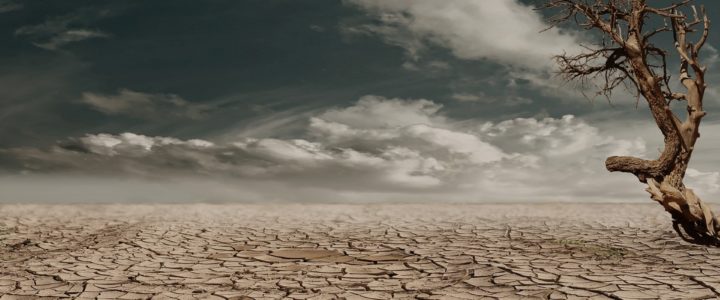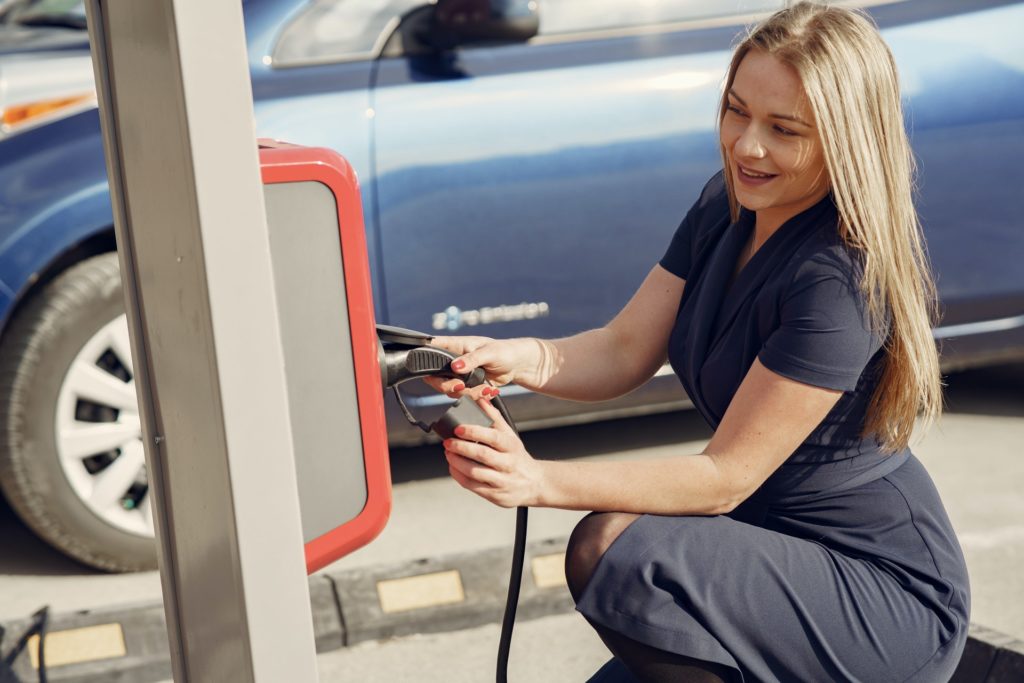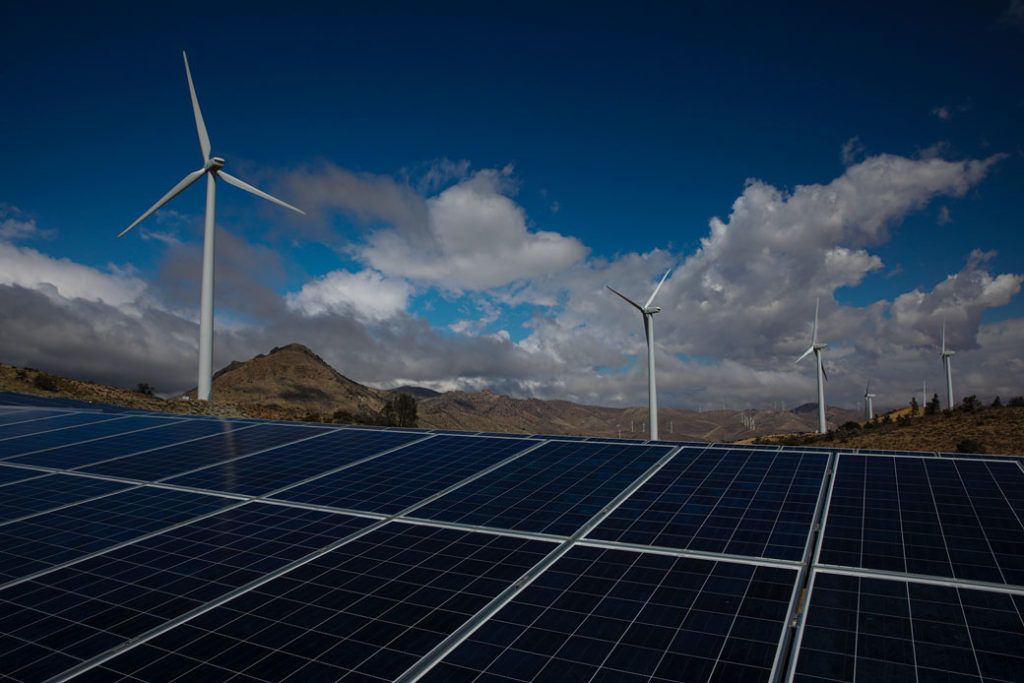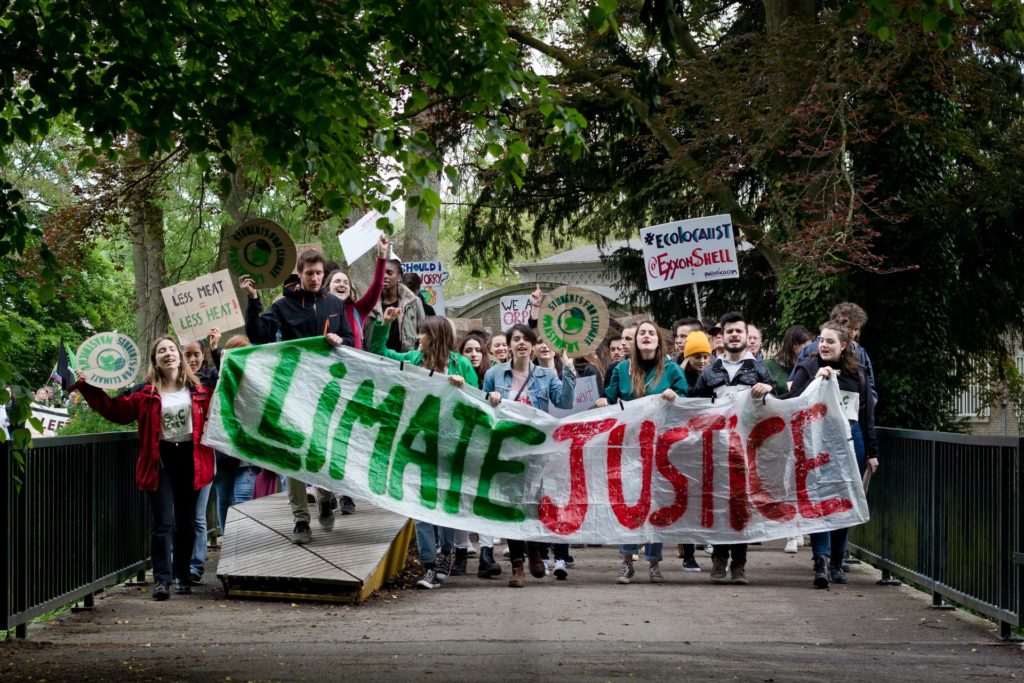
It’s hard to believe that there are still people at large who think the climate crisis is a hoax. But then, there are people who think the Earth is flat, and that COVID-19 is a power-play by Big Pharma, so perhaps I shouldn’t be surprised that some folks find comfort in conspiracies. The thing which really gets me about this whole climate emergency not being real perspective, is…what would be the point of that so-called hoax? Who would benefit? And what exactly would they gain?? It’s these questions not really having answers which may have led to the slow decrease in the number of outright climate deniers, but a disturbing uptick in the number of climate delayers, distractionists and doomists. So when you’re around the table at your grandma’s birthday, what are some of the things you might hear from climate inaction’s new players?
They say: “Yes, the climate is changing. But it always has!”
You say: I know, you’re right! The climate has always changed and we’ve seen huge fluctuations over thousands of years, like going in and out of ice ages. But the thing is, these fluctuations have literally taken thousands of years to play out. What we’re seeing now is different. There were a few studies recently published in Nature and Nature Geoscience which looked extensively at historical data. One of the papers asserts that temperature rises over the past 2 decades have been far more rapid than any rises experienced in the previous 2 millennia. Another documents that the Little Ice Age reached its extreme point in the 15th century in the Pacific Ocean, the 17th century in Europe and the 19th century elsewhere. This differs vastly from the recent times, where we’ve seen record breaking heat year after year, and more importantly, globally. So at this stage, there is at least 97% consensus among climate scientists not only that global warming is happening, but that it is indeed being caused by us. If I saw 10 doctors and 9 of them said I needed surgery to save my life, I would have the surgery, wouldn’t you?
They say: “Carbon dioxide is natural. Plants and animals need it to live, and the more plants get, the better they grow!”
You say: You’re spot on! It’s essential. One of the beautiful things about our Earth is that everything works when she’s in balance. Too much or too little of anything is damaging. Without any carbon dioxide in our atmosphere, we’d be unable to survive on this planet because it would be too cold. The Greenhouse Effect actually keeps the temperature to a range where human, animal and plant life can thrive. And you’re also right that rising carbon dioxide has been shown to increase photosynthesis in plants, causing them to grow more rapidly. But scientists have proven that this increased productivity is short lived. They get to a point of carbon dioxide saturation where the high levels are no longer beneficial. Plus, any food crops grown at higher levels of CO2 are less nutritious, with zinc, iron and protein all dropping. The other thing is that we can’t cherry pick what impacts rising atmospheric carbon dioxide brings. Along with more productive plant growth (for a time) we also get droughts, heat waves and floods—none of which are conducive to productive crops or trees. In fact, did you know that a mass extinction event 201 million years ago has been put down to high atmospheric carbon dioxide and intense ocean acidity? Which is crazy, right?
They say: “You drive a car, you’re actually part of the problem!” *

You say: Yep, I do drive when I have to. Unfortunately, we haven’t had the system changes required to enable me to travel very far without my car right now. But thankfully, that’s changing. And that’s exactly what we—the climate activists and environmentalists and proponents of clean energy—are trying to achieve. Currently, we’re trapped in a society beholden by fossil fuel extraction and sale. I can’t participate in society—like being able to do my job—without using tools provided by fossil fuels. This is the big problem. I will do, every day, everything possible to live with as small of a carbon footprint as I can. You know, it’s actually less expensive to have a smaller carbon footprint?? But that’s another conversation! The short of it is that I recommend everyone who can reduce their carbon footprint, does. But would I ask for a nurse who lives in a regional town to give up his car and ride his bicycle to work in the snow? No, I wouldn’t. I would instead ask him to petition to his local government officials to invest in electric vehicle infrastructure and work on increasing EV rebates, instead of contributing to fossil fuel subsidies—and my next car will be an EV. Once we implement system changes and create a society divested from the fossil fuel companies, we can all enjoy a far better future on this planet—especially all of our grandchildren! And if I’m really honest, the fossil fuel executives are wealthy beyond my imaginings, and I don’t want to be a part of making them richer, while they keep harming our planet. Did you see the latest oil spill? It’s devastating!
*Now I’m talking to you, lovely reader. This argument can be made even trickier because we’re duped into asking it even of ourselves and our fellow climate action warriors. We can very quickly start pointing so-called hypocritical fingers at other so-called hypocrites, so please always remember that we do our best, in our own lives, and offer only support and encouragement to others doing the same.
They say: “It would’ve been good if we did something about this 30 years ago. But it’s just too late now, climate change is locked in.”
You say: Okay, doomer! (just kidding!). Try this: There’s definitely an element of truth in what you say. We absolutely should have made bigger changes decades ago. But it isn’t actually too late to start now. That would be the same as finding a cancer the size of a grape rather than when it was the size of a sultana, and saying ‘don’t worry about surgery, or chemotherapy or radiotherapy – I’m cooked.’..even though the oncologist is telling you that you can still survive this! I don’t think you’d give up your chance of survival by exploring every avenue medicine could offer, so I don’t think it’s fair that you give up on your grandchildren’s chances before they’re even born! I understand that this problem is overwhelming—it’s not called an existential crisis and the biggest threat to human existence for nothing—but I owe it to future generations to do my best. And if doing my best to reduce the impacts of the climate crisis also leads me to a healthier and frugal, less expensive life, all the better! We can all experience moments, or even days, of feeling like this problem is insurmountable, but I’m constantly given hope by looking at the growing number of people taking action to demand system change. Did you see the scientists and doctors taking to the streets to help raise awareness? This gives me optimism. I can see why you’d be feeling like it’s too late to change our trajectory, the media sometimes report the science in ways that will sell papers, but I don’t buy into it. Can I suggest some alternative sources for your information, so you can feel less hopeless about it too?
They say: “Moving to all this renewable energy will send the country bankrupt. And millions of people will be out of work!”

You say: The cost of not moving to renewable energy is many decades of unthinkable suffering as we all try to get enough food, shelter from the burning sun and rising seas, and not die from vector-borne diseases, before the ultimate end of human life on this planet. So do I think that a few years of reduced GDP growth is too much to ask? Nope. I don’t. Yes, that sounds dramatic. But so is the picture that the fossil fuel companies are trying to sell us, that millions of people will be left destitute and our manufacturing industry will crumble and we’ll all pay more for power due to this transition. Firstly, although the fossil fuel industry in the US employs nearly 2 million people, this is more than 1 million LESS than the number of people employed in the clean energy sector. Secondly, building new renewable energy is cheaper than running existing coal plants. Thirdly, renewable energy produces cheaper electricity than from coal, so as a consumer, you’ll get a better deal. Fourthly, clean energy jobs pay more than the average US wage—45% of people in the clean energy sector have a high school diploma but get paid more than their equivalently educated peers in other industries. Fifthly (that’s a word, albeit one I’ve never used before), if a true ‘just transition’ is implemented, regional towns which are fossil fuel hubs could flourish (and never mind breath easier, without the air pollution) when they’re moved to become a renewable energy hub. Lastly, the manufacturing industry will see an uplift if moved to renewable energy, also. This will be a huge benefit for countries supporting their own domestic economies. There’ve been many reports and studies and projections about the economic gains we could see from moving to renewable energy, can I send you some of these to read?
They say: “There are enough issues in my life without me thinking about this one, which won’t even effect me.”
You say: I can see why you’d think the climate crisis won’t impact you. We’re really privileged to live where we do, and not have to worry about where our next meal comes from, and not have to think twice about turning on the A/C when it’s super hot. The climate crisis will certainly effect the poorest populations first. That’s why climate activists are asking for climate justice. But…this life of privilege isn’t untouchable. The impacts might not be visible every day or even in the next few years, but soon enough we’ll all be held to ransom by food production prices. Things at the grocery store will go up and up, as accessibility of the foods goes down. We’ll have to pay more and more for insurance premiums on our cars and homes. We’ll experience fires, floods and fierce storms closer and closer to home, and even if our home isn’t damaged, our friends and family will definitely be affected by some of these events. We’ll see animals as well as people moving inland away from coastal destruction, so we’re more likely to see additional animal and vector-borne diseases appearing in humans. So even if these things don’t impact you, your grandkids and great grandkids won’t thank you for your apathy when they’re dealing with the worst of things to come.
It is always best to aim for an open and respectful conversation. The way we can achieve that is to ask questions of the person we’re chatting with. Try to understand why they’re using that particular argument to try to delay climate action—are they a coal mine worker, fed fear-inducing propaganda by their employer? Are they near or below the poverty line, and believe that making sustainable lifestyle decisions and supporting the cause is actually going to cost them money? Are they afraid of the scale of the issue and the changes our society will need to make? All of those viewpoints and opposition statements are then understandable if we understand where they’re coming from. It’s likely that through asking some questions and gaining insight into their motivations we’ll actually find some common ground and be able to restart the conversation from a better place. Solving the climate crisis can’t be done with simple black and white, right and wrong thinking. But, of course, we have to be ready to also just walk away from some conversations, knowing that our energy is better spent protesting on the street than with certain people who literally cannot be moved from their position.




